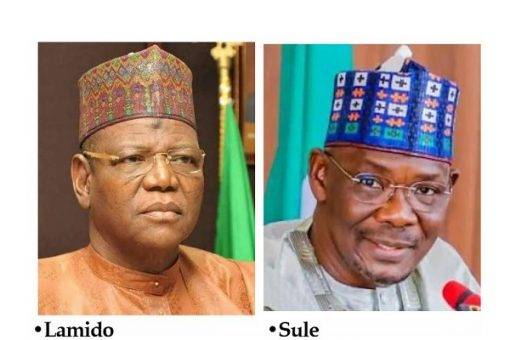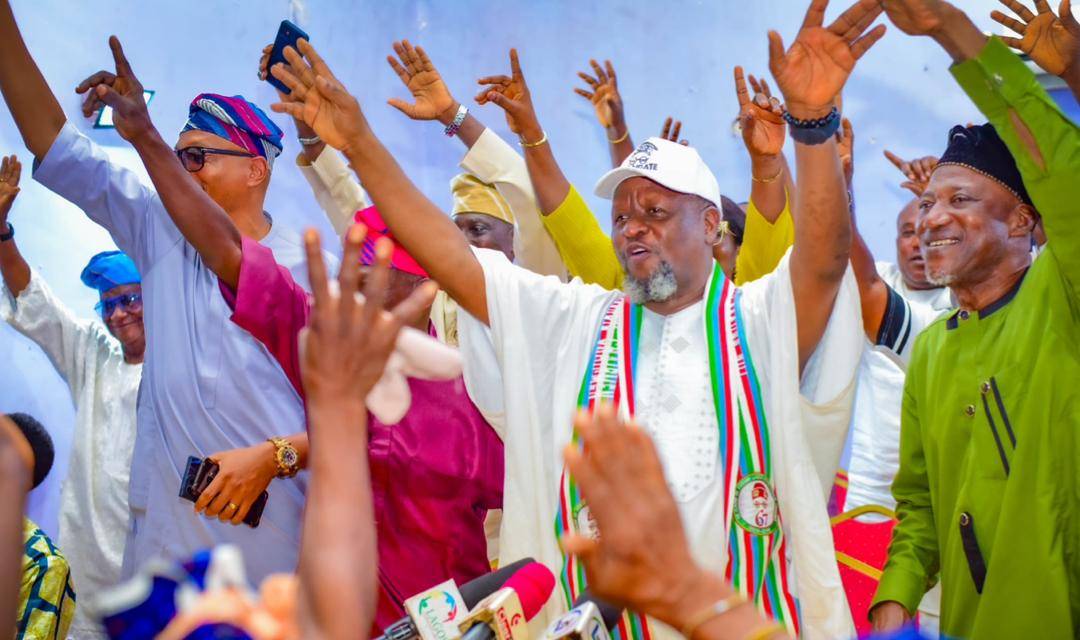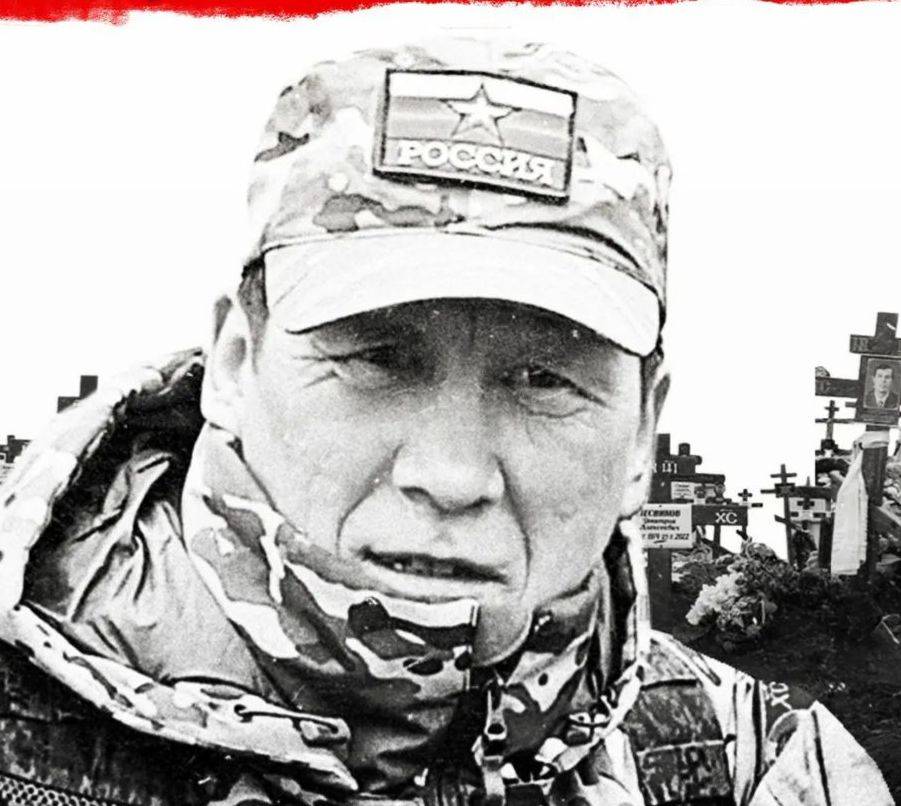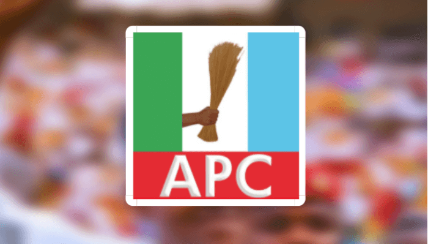It is difficult to credibly dispute the assertion that hardly any politician in post-colonial Nigeria has faced as much opposition, hostility and undisguised hatred against the realization of his political ambitions as President Bola Tinubu. Both as governor of Lagos State from 1999 to 2007 and now the occupant of Nigeria’s apex position of power since May, 2023, Tinubu continually confronted and overcame persistent efforts to distract him and ensure his failure to achieve set political goals. His unanticipated triumph in the 2023 presidential elections despite vehement and bitter attempts to prevent his emergence as the candidate of his party, the All Progressives Congress, (APC), the concerted and surreptitious subversion of his candidacy by a powerful and influential cabal in the immediate past President Muhammadu Buhari administration and the unprecedentedly vicious campaign of calumny he faced particularly from the opposition Peoples Democratic Party, (PDP)
and Labour Party, (LP), fueled the unabating antagonism against his administration right from its inception by malcontents both within the ruling party and in the opposition.
Thus, although his administration has just passed the two- year mark in its first term in office, aggrieved political elements who are aggravated at their perceived marginalization within the APC as well as implacable adversaries in the perennially crisis-ridden major opposition parties are openly talking and planning towards the formation of a coalition to dislodge the President and his party from power in 2027. During his visit to Benue State in response to large scale killings in parts of the state by marauding gunmen, Tinubu acknowledged that his opponents hate him “like hell” though he remains their President. And in Nasarawa State where he went to commission some legacy projects of the Engineer Abdullahi Sule administration, the President taunted those plotting the coalition to unseat him in 2027 describing them as internally displaced politicians.
Yet, the security agencies curiously appear to suspect no linkage between the bitterness of many of those who have drawn a battle-line against the President and the persistence of unrelenting bloodletting in parts of the country which appear to be deliberately instigated to lend credence to unceasing efforts to discredit and delegitimize the administration. Surely the security agencies should send an unmistakable signal to those malcontents who have been making incendiary and reckless pronouncements against the President and his administration and who are alleged to have a track record of having sponsored violent subversions of the Nigerian State in the past, including publicly threatening foreign elections observers that they would leave the country in body bags, that it is closely watching them. The inexplicable lethargy of security agents when some aggrieved political groups and individuals have openly called for military intervention to overthrow this democratic dispensation has undoubtedly emboldened such elements to persist in their strenuous efforts to destabilize the polity.
The strategy of the malcontents is obviously to portray the hardships attendant on the administration’s reforms such as removal of the fuel subsidy and merger of the parallel foreign exchange markets leading to the devaluation of the Naira as a deliberate decision to inflict pain on the people as if the reforms were avoidable. But the economy, which as the eminent economist, former governor of the Central Bank of Nigeria, (CBN), and now Anambra State governor, Professor Chukwuma Soludo, has noted was practically comatose at the inception of the Tinubu administration, needed urgent corrective surgery, which Tinubu and his economic team promptly administered. It was a situation akin to the dentist in Woke Soyinka’s novel, ‘Season of Anomy’ who had to inflict the discomfort of tooth extraction on his patient to save the latter in the long run from excruciating tooth decay and pain.
But a large number of the ever increasingly sophisticated Nigerian electorate are not unaware that all the major presidential candidates in the 2023 general elections had promised to implement far reaching and long overdue economic reforms such as removal of the fuel subsidy. During the campaigns, the voluble LP candidate, Mr Peter Obi, had said severally on national television that he would remove the subsidy, which he described as an elaborate scam, “on day one” but now insists that had he been elected President, he would have done so gradually after putting in place measures to alleviate the pain without elaborating on how he would do this. In their plan to predicate their campaign against Tinubu and the APC in 2027 on the hardships associated with the reforms, the desperate opposition politicians angling for an electorally viable coalition appear to discount the fact that the APC had won off-season elections in Ondo, Imo, Kogi and Edo States even after the reforms of the Tinubu administration had set in.
Even as they continue to seek the actualization of their coalition plans, it is obvious that the anti- Tinubu malcontents will be relentless in their demonization and concerted efforts to demystify and delegitimize the incumbent APC administration by vehemently denying and denouncing even its most glaring accomplishments. As the ongoing reforms continue to show signs of bearing fruit and achieving set objectives with downward trend in inflationary spirals, systematically increasing productivity, growing employment and prosperity, the more strident will be the efforts to vilify and portray the administration as non-performing in the hope that assertions repeated often enough, possibly with the aid of Peter Obi-type of manufactured statistical mumbo jumbo, will be readily believed by a gullible public despite the reality. And they will be enthusiastically sided by a section of the media still hurting at Tinubu’s emergence as President despite their no-holds-barred exertions to ensure his defeat.
In the past week, for instance, former Vice President Abubakar Atiku has tried to resuscitate public discourse around the stale issue of President Tinubu’s academic records despite the futility of his litigation of the matter both in the United States and at the highest judicial level in Nigeria in the last election. He even tried to taint the President as associating with an allegedly corrupt Belarus businessman without any evidential basis for the allegation. Atiku probably thinks that most Nigerians had forgotten that it is on record that a Congressional investigation in the US indicted him for allegedly criminally transferring over $40 million into various accounts of his fourth wife, Jennifer Douglas, in the US during his tenure as Vice President. Similarly, the former governor of Kaduna State, Nasir El’Rufai, has continued his round of television talk shows this time claiming that members of the coalition had commissioned an opinion poll which showed that Tinubu could in no way win the 2027 election. He is probably unaware that what he needs more urgently is an opinion poll that indicates with acceptable accuracy and credibility his current standing in Kaduna State which he governed with unprecedented arrogance and impunity between 2015 and 2023.
The former governor of Jigawa State, Alhaji Sule Lamido, was also on television trying to rewrite history by distorting Tinubu’s well documented and applauded role in the struggle against the annulment of the June 12, 1993, presidential election won by Chief M.K.O Abiola and claiming that the President supported a military atrocity that he actually expended humongous resources and risked his life to fight against. Luckily, Lamido has been unable to respond to the exposure by Dr Dele Alake and Mr Bayo Onanuga on how, as National Secretary of the defunct Social Democratic Party (SDP), he worked in concert with the National Chairman, Chief Tony Anenih, to trade away Abiola ‘s mandate. But President Tinubu and his party should expect these outright falsehoods and historical distortions to continue especially as it becomes increasingly difficult to credibly fault the administration on the basis of incompetence or non-performance.
Initially, the APC gave the impression that its main strategy in response to the ceaseless, often baseless, onslaughts against the Tinubu administration was to utilize its power of incumbency at the centre and the control of the advantage of patronage to lure key opposition figures to defect from their parties and join its ranks. The party had scored a major victory in this regard with the defections of the incumbent governors of Delta and Akwa Ibom States with the entire government machinery and PDP party structures in their states into the ruling party. At the same time, significant numbers of National Assembly members from the PDP and the LP have continued to stream into the APC almost on a weekly basis. This has prompted allegations from some opposition politicians of attempts by the APC to turn Nigeria into a one-party state based on the unproven supposition that it is the ruling party instigating the crises that have continuously plagued and immobilized the major opposition parties in the aftermath of the 2023 elections.
Of course, as President Tinubu stated in his maiden State of the Nation address to the National Assembly on June 12, he does not desire a one-party state for the country but cannot be expected to assist the opposition parties in resolving their intra-party crises and running well organized, efficient and harmonious party entities. However, in my view, the APC, by beginning to more effectively showcase the achievements of the governments elected on its platform at the federal and sub-national levels is laying a better and more convincing foundation for its campaign towards the 2027 elections than merely attracting opposition politicians to join its ranks. This is because the phenomenon of political vagrancy, which has been a common feature of Nigerian politics right from the First Republic, smacks of opportunism and a deficiency of principles on the part of political actors. There is really no way to ascertain that a defecting politician from one party to another is not doing so for self -serving reasons rather than the new platform offering a better opportunity for public service.
However, in the last few days, President Tinubu has been in Nasarawa and Kaduna States to commission well publicized legacy projects in diverse sectors including education, healthcare, agriculture and road infrastructure. For the past one week, the Borno State government has been advertising over 1,339 projects implemented across diverse sectors by the administration of Professor Babagana Zulum in the print and electronic media. In the last ten days or more, the Federal Capital Territory, (FCT), Minister, Barrister Nyesom Wike, has been inaugurating a plethora of projects including ultra modern roads, water projects, a modern bus terminal, interchange bridges and the radically modernized President Bola Tinubu International Conference Centre, with the President personally launching most of these facilities. True, Wike is of the PDP but the credit for the ongoing transformation of the FCT goes to the APC administration in which he is serving.
Before now, President Tinubu was in Lagos to launch the first 30 km of the ongoing path-breaking Lagos-Calabar Coastal Highway as well as the new access road to the Lekki Deep Sea Port. Among the major highways on which work is going on across the country under the superintendence of the Minister of Works, Engineer David Umahi, are the Bodo-Bonny Road, Second Niger Bridge Access Road, Enugu-Port Harcourt Expressway, Benin-Asaba Super Highway, Abuja-Lokoja- Benin Road, Enugu-Onitsha Expressway, 9th Mile-Oturkpo-Makurdi-Road and Abuja-Kaduna-Zaria-Kano dual Carriage Way. This week, the President launched the distribution of 2,000 advanced tractors and thousands of farming implements including 50 industrial-grade land preparation booths, 12 fully equipped mobile workshops, and over 8,000 specialized farming implements under the Renewed Hope Agricultural Mechanization Programme, designed to boost food security and national prosperity.
Even when the President has been in states controlled by opposition parties such as his being invited to commission projects delivered by Professor Soludo of the All Progressives Grand Alliance (APGA) in Anambra State earlier in the year, the governors have openly declared that the federal government’s economic reform policies under Tinubu had made substantially more resources available to the sub-national governments thus enabling them to meet recurrent expenditure obligations without jeopardizing the implementation of critical capital projects. The most critical advantage of the APC’s incumbency at the centre is not the power to attract opposition politicians into its ranks but that of conceptualizing and actualizing key projects to build the country’s economic capacity and generate prosperity in such a way that the most inveterate malcontents will be unable to impugn the administration’s efficacy, efficiency and effectiveness with any degree of credibility or integrity. It would be unwise for the APC to allow its governments at the centre and in the states to be distracted from productive governance with a premature preoccupation with the 2027 polls at this time.













